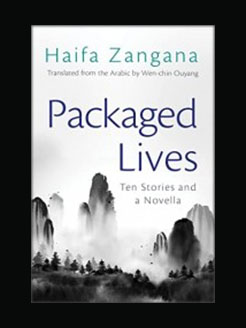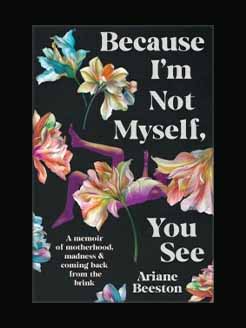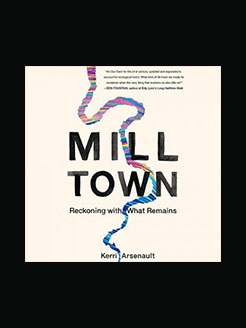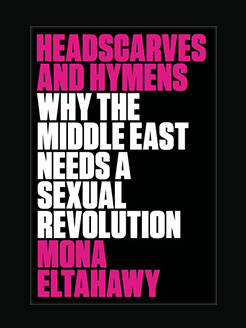Published in 2015 (first published 1992)
384 pages
Susan Griffin is an award winning poet, writer, essayist and playwright who has written nineteen books, including A Chorus of Stones, a finalist for the Pulitzer Prize and the National Book Critics Circle Award. Named by Utne reader as one of the top hundred visionaries of the new millenium, she is the recipient of an Emmy for her play Voices, an NEA grant and a MacArthur Grant for Peace and International Cooperation. Her latest work, Wrestling with the Angel of Democracy, on being an American Citizen has been called “fresh, probing” and “incisive” by Booklist.
What is this book about?
A brilliant and provocative exploration of the interconnection of private life and the large-scale horrors of war and devastation.
A Pulitzer Prize and National Book Critics Circle Award finalist, and a winner of the Bay Area Book Reviewers Association Award, Susan Griffin’s A Chorus of Stones is an extraordinary reevaluation of history that explores the links between individual lives and catastrophic, world-altering violence. One of the most acclaimed and poetic voices of contemporary American feminism, Griffin delves into the perspective of those whose personal relationships and family histories were profoundly influenced by war and its often secret mechanisms: the bomb-maker and the bombing victim, the soldier and the pacifist, the grand architects who were shaped by personal experience and in turn reshaped the world.
Declaring that “each solitary story belongs to a larger story”—and beginning with the brutal and heartbreaking circumstances of her own childhood—Griffin examines how the subtle dynamics of parenthood, childhood, and marriage interweave with the monumental violence of global conflict. She proffers a bold and powerful new understanding of the psychology of war through illuminating glimpses into the personal lives of Ernest Hemingway, Mahatma Gandhi, Heinrich Himmler, British officer Sir Hugh Trenchard, and other historic figures—as well as the munitions workers at Oak Ridge, a survivor of the Hiroshima bombing, and other humbler yet indispensible witnesses to history.







